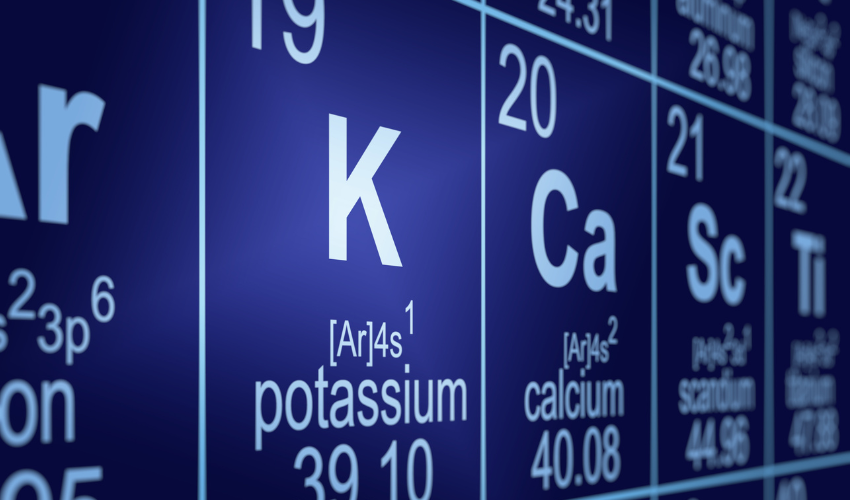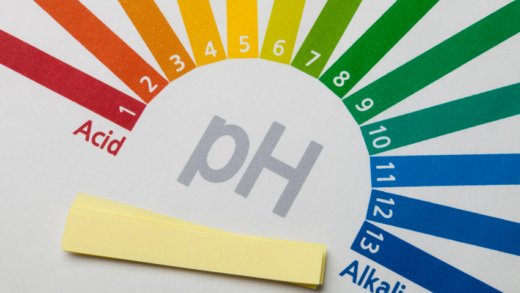Potassium is an essential mineral that plays a critical role in many bodily functions, including nerve and muscle function. A low potassium level, also known as hypokalemia, can cause a range of symptoms that affect your health and well-being. In this article, we will discuss what can happen if your potassium level is too low, including its symptoms, causes, and treatments.
What can happen if your potassium level is too low?
A low potassium level can cause a range of symptoms that can affect your overall health. Here are some of the potential effects:
- Muscle Weakness: Potassium is essential for normal muscle function. A low potassium level can cause muscle weakness, cramping, and twitching.
- Fatigue: Potassium is involved in the production of energy in your body. A low potassium level can cause fatigue, weakness, and lethargy.
- Heart Rhythm Problems: Potassium is crucial for maintaining a regular heart rhythm. A low potassium level can cause irregular heartbeats, which can be life-threatening in severe cases.
- High Blood Pressure: Potassium helps regulate blood pressure by reducing the effects of sodium on the body. A low potassium level can lead to high blood pressure.
- Kidney Stones: Potassium helps prevent the formation of kidney stones. A low potassium level can increase your risk of developing kidney stones.

Causes of low potassium level
Several factors can cause a low potassium level, including:
- Diuretics: These medications increase urine output, leading to the loss of potassium from the body.
- Vomiting and Diarrhea: These conditions can cause the loss of potassium from the body.
- Poor Diet: A diet low in potassium can lead to a low potassium level.
- Excessive Sweating: Sweating can cause the loss of potassium from the body.
- Chronic Kidney Disease: The kidneys play a crucial role in maintaining a healthy potassium level in the body. Chronic kidney disease can lead to a low potassium level.
Treatment for low potassium level:
The treatment for a low potassium level depends on the severity of the condition. Mild cases may be treated with dietary changes, such as increasing potassium-rich foods like bananas, avocados, and spinach. In more severe cases, potassium supplements may be necessary. In extreme cases, hospitalization may be required for intravenous potassium replacement.

FAQs:
Can low potassium level cause constipation?
Yes, a low potassium level can cause constipation. Potassium helps regulate muscle contractions, including those in your digestive tract. When your potassium level is too low, your digestive muscles may not function properly, leading to constipation.
Can low potassium level cause depression?
Yes, a low potassium level can cause depression. Potassium is involved in the production of neurotransmitters like serotonin, which is essential for regulating mood. A low potassium level can lead to imbalances in these neurotransmitters, leading to depression.
Can low potassium level cause weight gain?
No, a low potassium level is not directly linked to weight gain. However, a diet low in potassium may be high in sodium, which can lead to water retention and bloating.
How long does it take to increase potassium levels?
The time it takes to increase potassium levels depends on the severity of the condition. Mild cases may be resolved with dietary changes in a few days, while more severe cases may require weeks of potassium supplementation.
Can low potassium level cause seizures?
Yes, a low potassium level can cause seizures. Potassium is crucial for proper nerve function, including the transmission of electrical signals in the brain. A low potassium level can disrupt this process, leading to seizures.
Conclusion
Potassium is an essential mineral that plays a critical role in many bodily functions. A low potassium level can cause a range of symptoms that can affect your overall health, including muscle weakness, fatigue, heart rhythm problems, high blood pressure, and kidney stones. Several factors can cause a low potassium level, including diuretics, vomiting, diarrhea, poor diet, excessive sweating, and chronic kidney disease. The treatment for a low potassium level depends on the severity of the condition, with mild cases treated with dietary changes, and more severe cases requiring potassium supplements or hospitalization. If you suspect you have a low potassium level, it’s essential to speak with your healthcare provider to determine the best course of treatment.






















